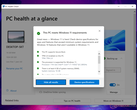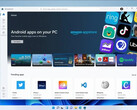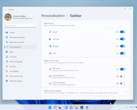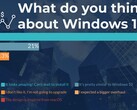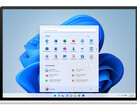The Windows 11 announcement earlier this year sent shockwaves through the PC world. Not only because most people assumed Windows 10 would be the last Windows, making Windows 11 a huge surprise - the hardware requirements of the new system lead to a lot of outrage. UEFI with Secureboot, TPM 2.0 and worse of all, a CPU from 2018 or newer - such draconian requirements were new for Windows. Many users with older PCs suddenly had to worry that the "End of life" for their systems would come a lot sooner than expected.
Today, these users can rejoice, as Microsoft has clarified the requirements.
The first adjustment is to the list of officially supported systems, as Microsoft now includes certain Intel 7th Gen Core CPUs. Namely, Xeon W, Core X series as well as certain systems with the i7-7820HQ - notably the CPU used in Microsoft's own Surface Studio 2. Systems with these CPUs will get the update offer like all other officially supported PCs.
The much bigger news is that Microsoft will not outright block PCs that do not fulfill the requirements. In an attempt to appease enthusiasts, Microsoft will allow them to upgrade their systems manually to Windows 11 - either by using the Windows Media Creation Tool, or via the Windows Insider program.
This policy allows Microsoft to keep its hardware requirements in place, while enthusiasts are placated - older systems are not officially supported and an update to Windows 11 is not recommended, but Microsoft will not simply kill off the older hardware.
Additionally, there is a new version of the official Microsoft PC Health Check, which should now be more helpful in explaining why a PC is or is not officially supported for Windows 11.



